- 47 units available
- 1 bed • 2 bed • 3 bed
- Amenities
In unit laundry, Hardwood floors, Dishwasher, 24hr maintenance, Stainless steel, Walk in closets + more

A fresh start in a new apartment also means that you’ll need to stock up your refrigerator and kitchen cabinets from scratch. It’s easy to forget about all of those cooking essentials that we use on a daily basis.
Arm yourself with this grocery list with all of the essentials you need for your new home. It’ll help you find most of what you’ll need to get your kitchen up and running. There’s something very reassuring about having a well-stocked pantry when you’re adjusting to life in a new apartment.
To survive week one in your new apartment, you should purchase this bare-minimum pantry:
Additionally, we also recommend picking up a couple frozen meals because the first week in your apartment can be very hectic.
Canned foods are a major essential item. They can last for years and serve as great additions to meals. Here are the top canned foods to pick up during your first grocery trip:
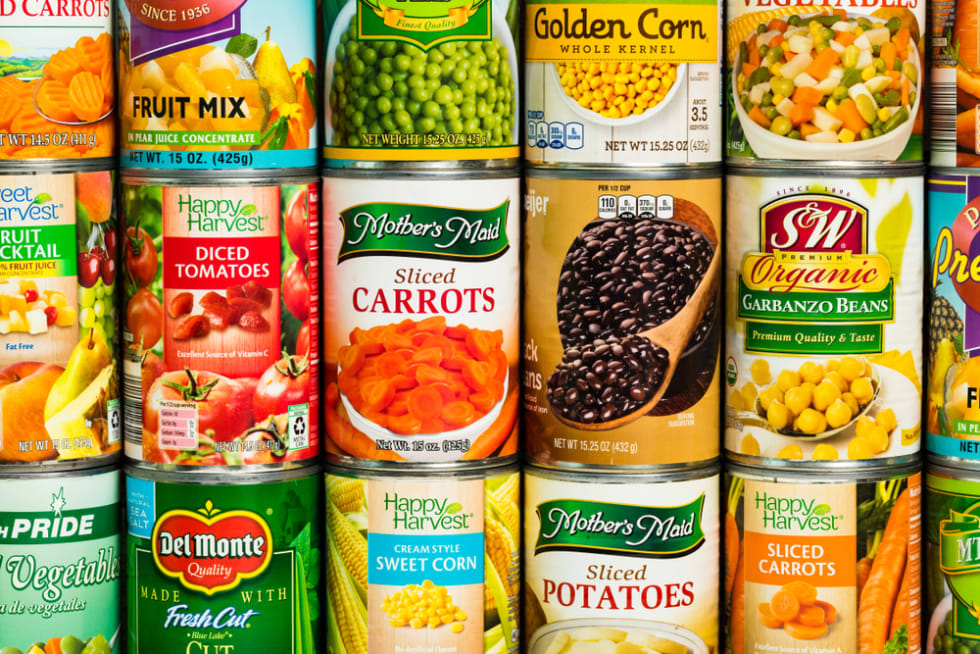
Below are a few of the staple fruits and vegetables you'll find in almost every kitchen. Just remember, these can go bad quick. So don't overdo it on your first grocery shopping trip.
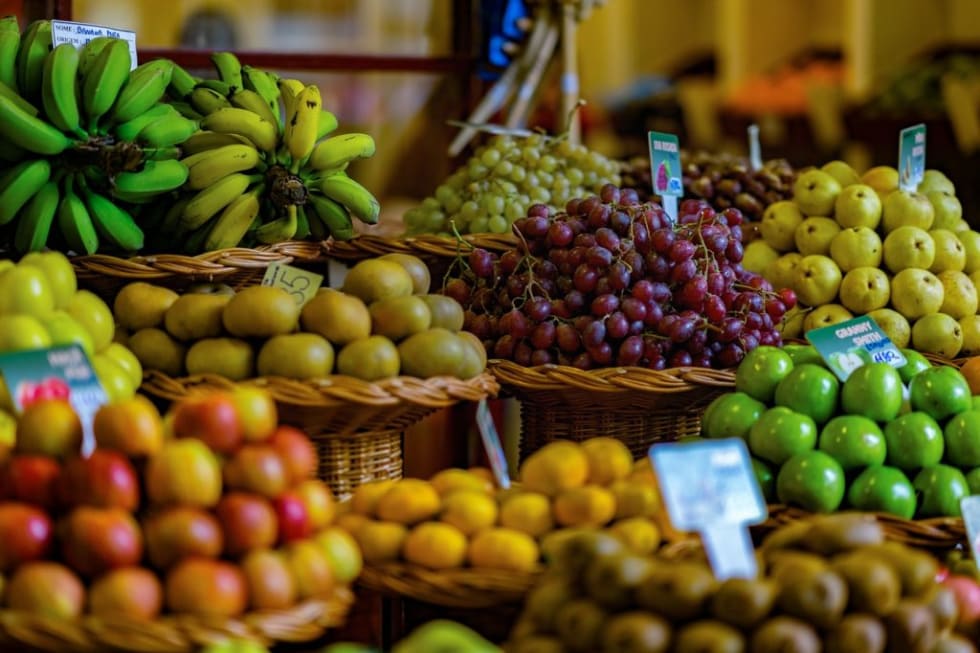
Whether you're a vegetarian, vegan, or meat-eater, you still want to make sure you have enough protein in your home. According to Harvard Health, you need "0.8 grams of protein per kilogram of body weight, or 0.36 grams per pound." In other words, "For a 50-year-old woman who weighs 140 pounds woman and who is sedentary (doesn't exercise), that translates into 53 grams of protein a day." Athletes, of course, may have higher protein needs, so adjust accordingly.
If your aim is to eat 60 grams of protein per day, for instance, know that you can get about half of that (35 grams) in just four ounces of chicken breast:
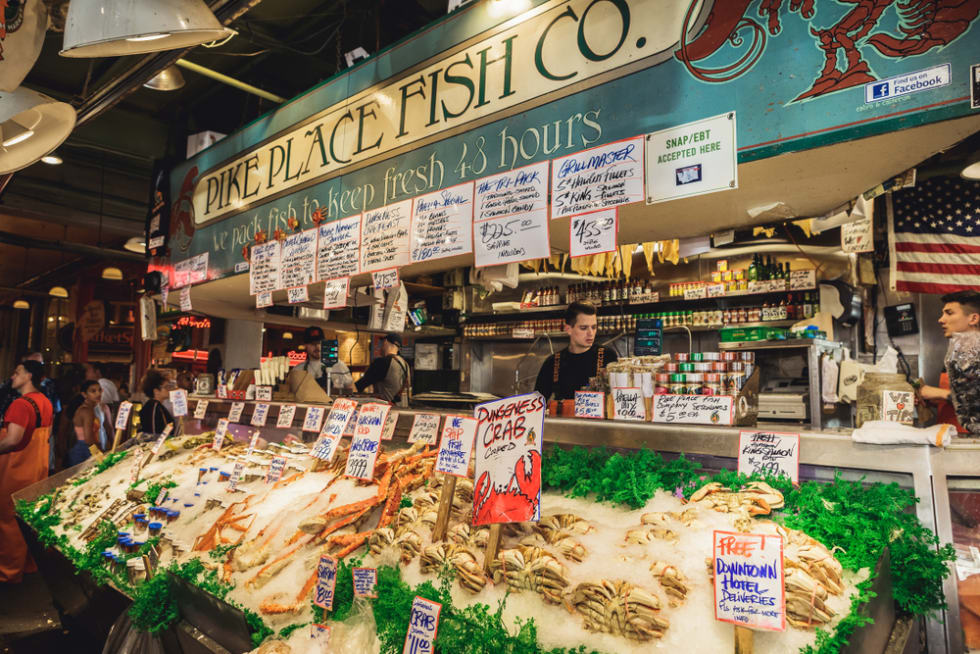
Spices add a punch of flavor to a meal and last forever. Whether you like to cook spicy Thai food or want to grill a steak, you'll need a variety of spices if you cook frequently. Here’s what to grab while you’re at the store:
Whether you bake daily or just on the holidays, these bakings essentials should always have a place in your pantry. There’s nothing worse than not being able to make chocolate chip cookies because you don’t have flour or chocolate chips.
One of the best things about these essentials is that they don’t go bad quickly. For that reason, they’ll suit a pro baker or an occasional baker just the same. Here are your baking essentials:
Like spices, condiments and sauces add extra flavor to your meals. From summer barbecues to the egg salad sandwiches you carry for lunch, condiments are top essentials. Here’s what to grab in the condiments section:
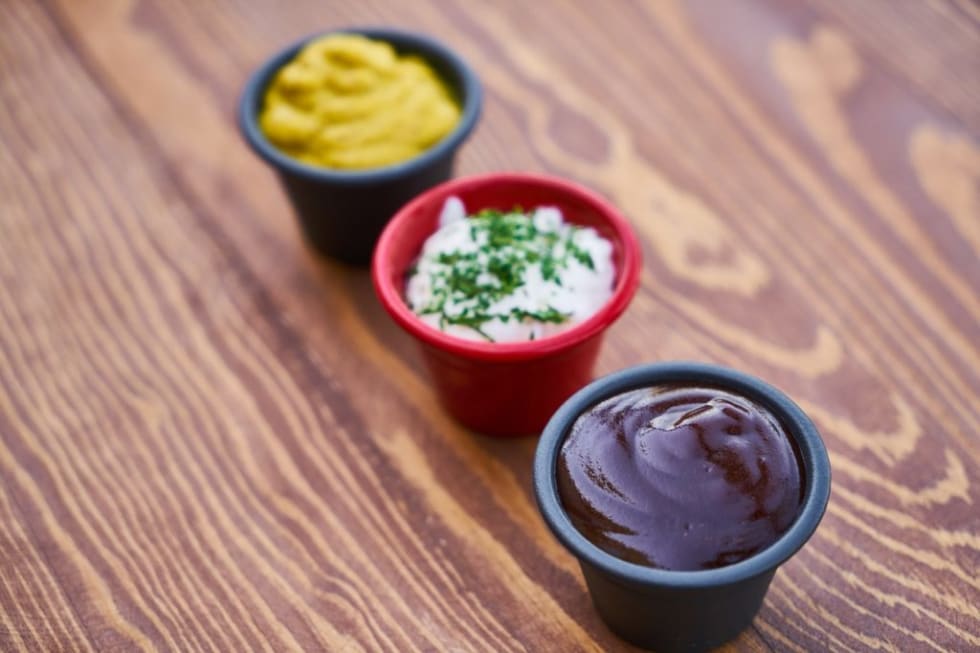
For all of us who like to eat healthy, frozen foods are truly a gift. They allow fresh fruits, vegetables, and lean meats to stay fresh longer. Stocking up on frozen items will allow you to plan meals in advance. Here’s what you should pick up!
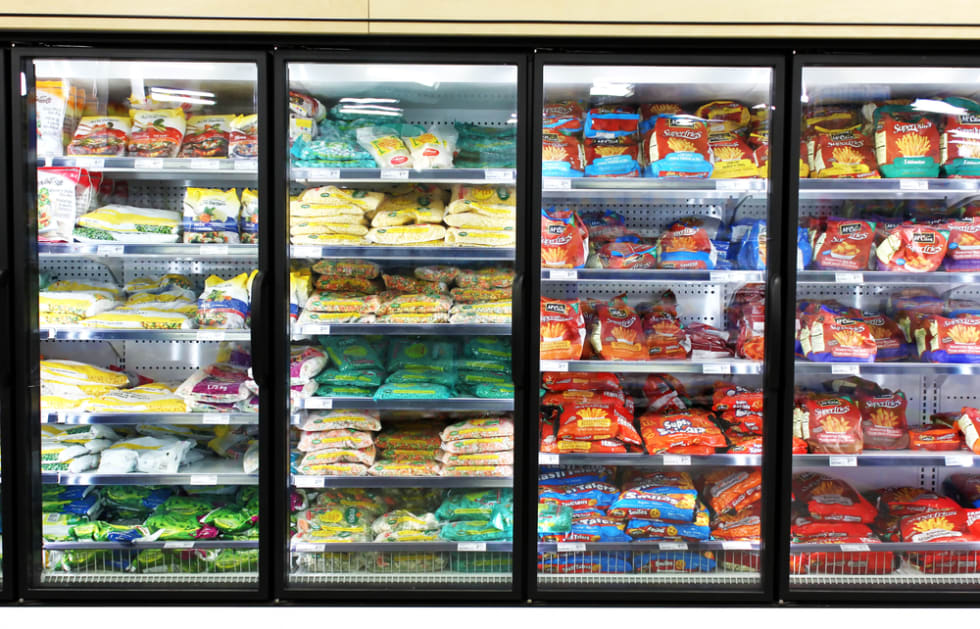
We are simple creatures. Food often takes precedence over other home supplies that we need.
Let’s face it — picking up a frozen pizza is much more fun than sifting through dryer sheets. However, it’s important to not forget the basics when you’re at the store. Here’s what you should stock up on while you’re there.
Right click and select "save image as" to download this checklist for print!
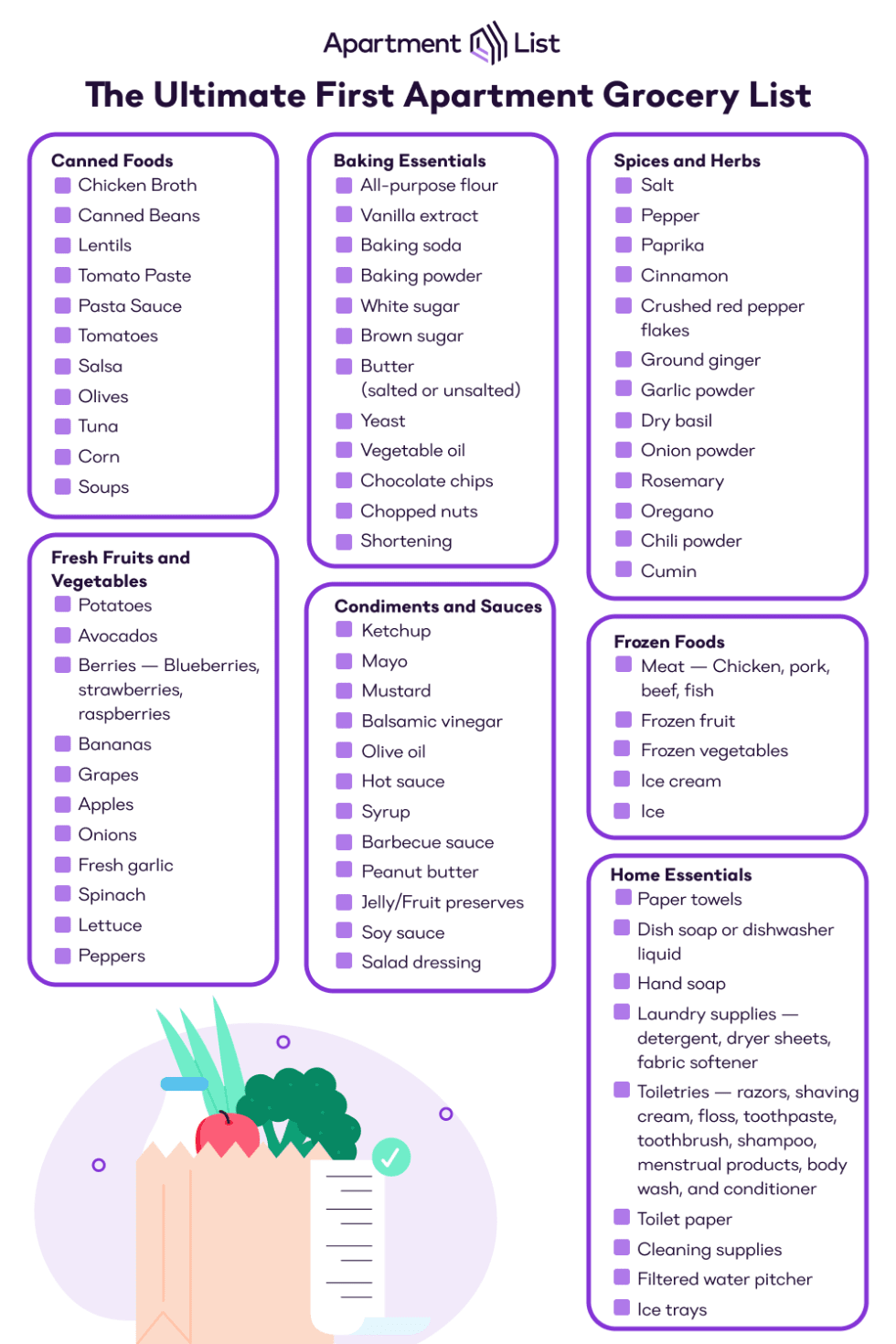
With all of these kitchen and pantry items in tow, you’ll be set for delicious homemade cooking. Many of these items have a relatively long shelf life, so they’ll be on hand when you need them.
These basic components of many recipes will come in handy as you navigate life in your new rental. Don’t be afraid to add items to this list, especially if they’re crucial to pulling off your favorite dish. Happy eating!
Still looking for your next apartment? Take our quiz to get matched in your area and price point!
A pantry is a room or cupboard where you can stock kitchen supplies, usually food, food storage, and small appliances. Not all apartments feature pantries, and when they do, they are usually closet-sized. However, it's not impossible to find apartments with a full-sized, walk-in pantries.
A single person can spend as little as $250 on groceries and up to $500 (or more) depending on where they shop, where they live, and what kind of food they choose to purchase.
Yes, $300 a month is enough food for one person. It is on the lower end of a reasonable monthly budget, so make sure to plan out your grocery trips carefully. Look for coupons, shop around different stores for deals, and consider checking out dollar stores for certain items.



In unit laundry, Hardwood floors, Dishwasher, 24hr maintenance, Stainless steel, Walk in closets + more
In unit laundry, Granite counters, Pet friendly, Stainless steel, Walk in closets, Gym + more